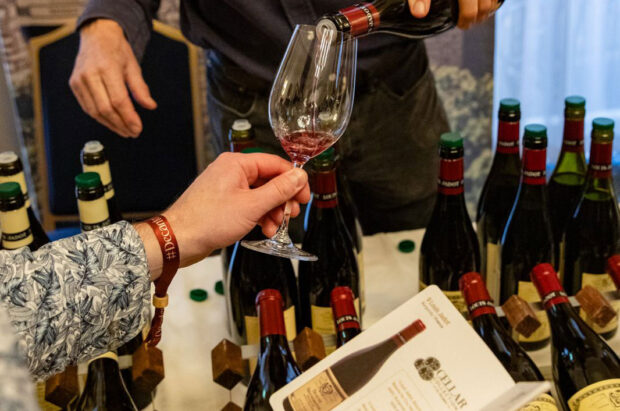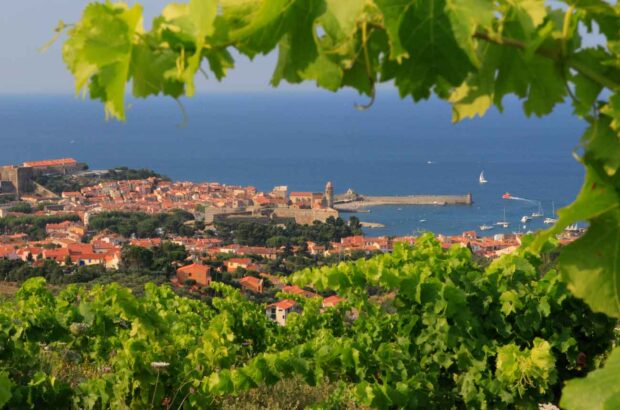The Chilean government is actively encouraging Tuscan vintners to invest in the country.
Chile’s central government body for foreign investment and development, the Corporaciòn de Fomento de la Producciòn (CORFO), has just sent a delegation to Tuscany to persuade the region’s vintners of the value of collaboration with Chile.
Carlos Muñoz Parra, CORFO’s regional director, said at a conference and seminar a week ago, ‘Our aim is an exchange, between Chile and Tuscany, of cultural and technical information on winemaking techniques and trends.’
A number of well-established Tuscan estates have already formed joint ventures with Chile, including the purchase of land and vineyards, and joint distribution and production deals. Major estates such as Montalcino’s Banfi and Chile’s Coyam have a mutual distribution deal.
Since January 2004 Banfi has worked with Vinedos Emiliana, distributing two lines: Punta Nogal, five monovarietal wines as well as two Riservas and a boidynamic wine – Coyam.
‘Sales are flying high,’ said Piera Alberta of Banfi’s Punta Nogal, adding that 18,000 cases had been sold to Italy alone.
Other deals include Chile’s Casa Lapostolle, which is distributed by Gaja in Italy, Francesco Marone Cinzano’s Col d’Orcia estate, which has invested in a property in the Maule region, and Antinori’s venture with Haras de Pirque in Maipo, which produces Albis, a super-premium Cabernet Sauvignon/Carmenere blend.
Interestingly, the delegation’s Italian hosts did not seem overly impressed with the selection of major Chilean wines that were presented. These included Bisquertt, Casa Lapostolle, Luis Felipe Edwards, Siegel, Viñedos Orgánicos Emiliana, Viu Manent – and Anakena and Altair from the Cachapoal Valley.
Filippo Ferrari, winemaker at Le Sorgenti estate in the Chianti Colli Fiorentini area found them over-oaked, with too much obvious intervention in the winemaking, too commercial and ‘lacking in cultural identity.’
‘Personally I am not convinced by their style, which is a long way from the Italian palate,’ he said. ‘The wines are heavily manipulated by man, with lashings of oak. It is evident that Chilean wines have enormous potential. What they lack is individuality.’
But most agreed there was vast potential to be tapped in Chile. Consultant Luca d’Attoma said it is ‘a country which has amazing wines, still to be discovered.’
Written by Michele Shah






